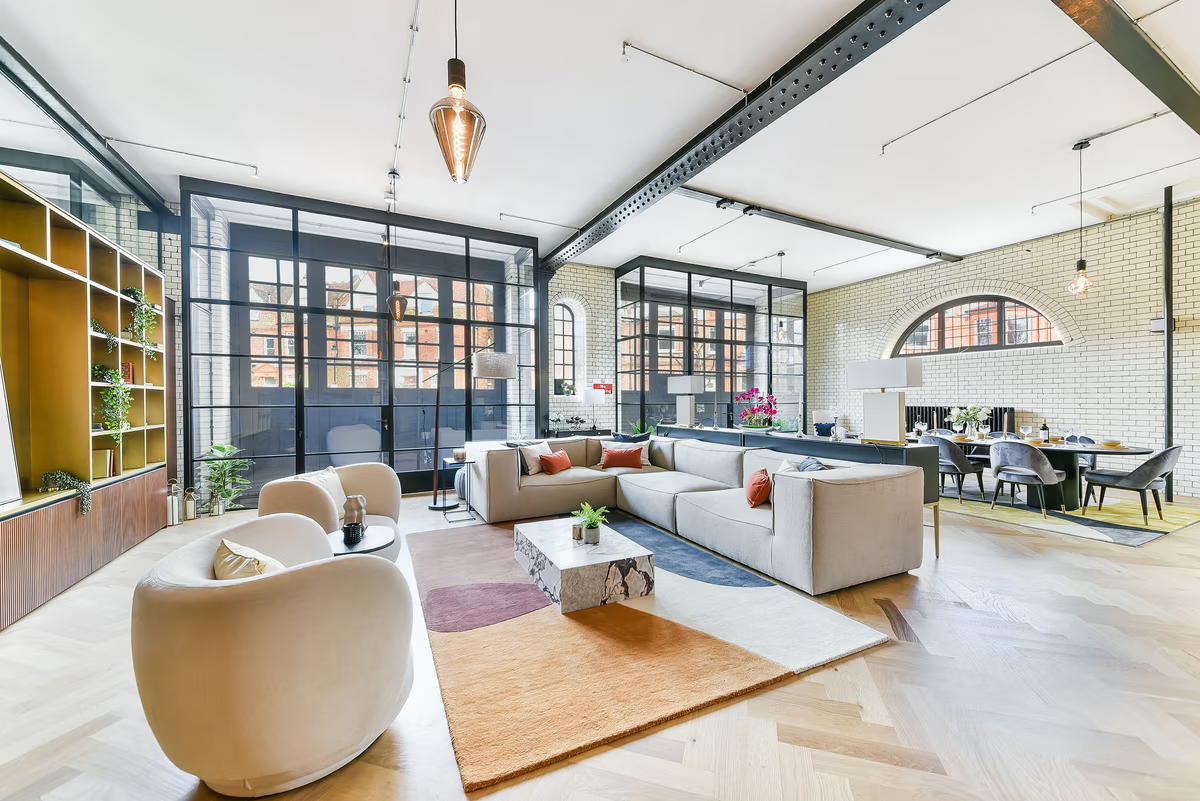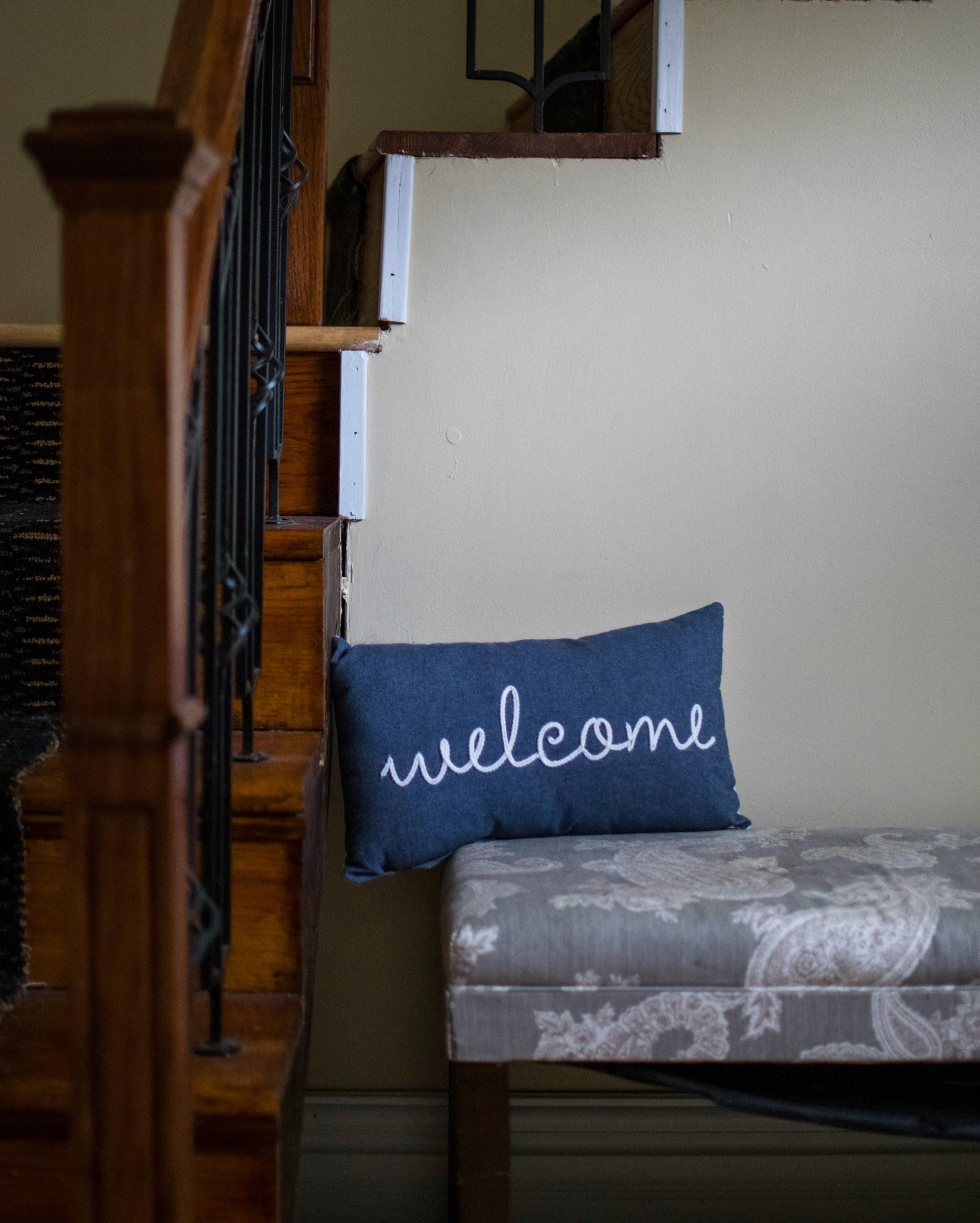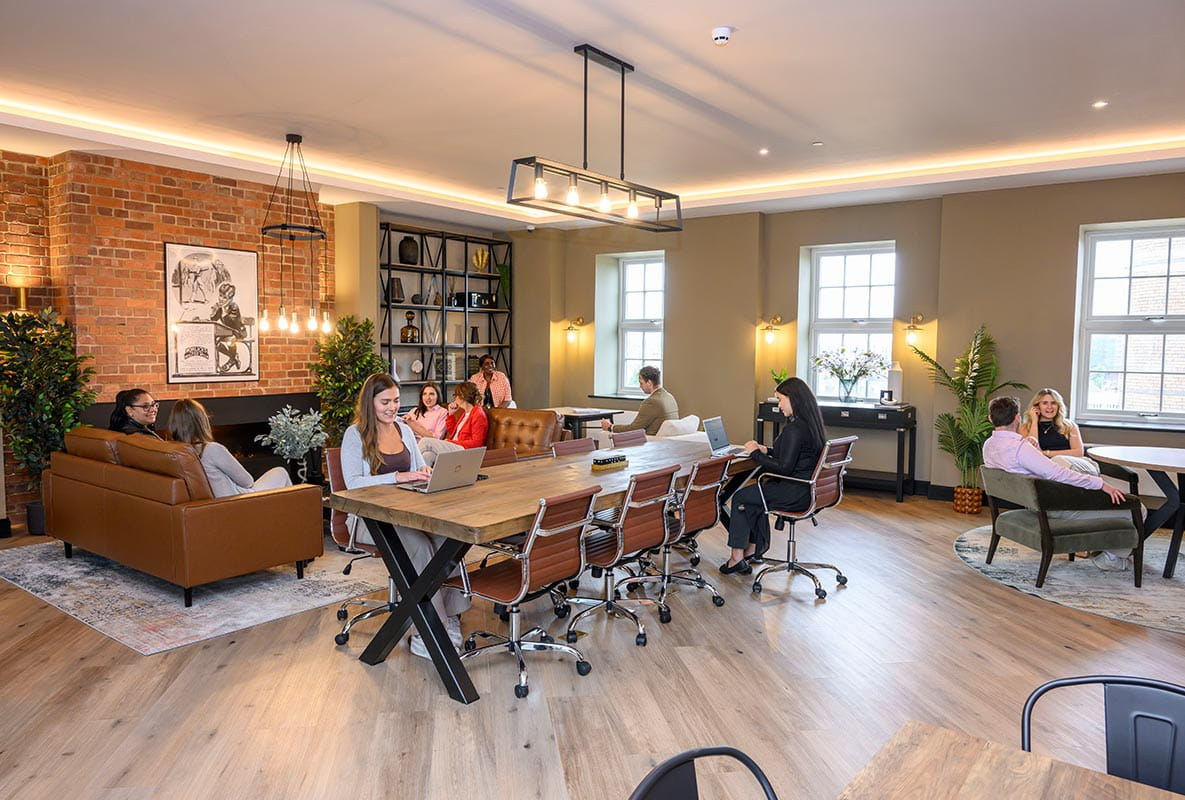
How Far in Advance Should You Book a Meeting Room?
Booking a meeting room seems simple, but timing can make all the difference. Whether you are organising a client presentation, a team workshop, or a large corporate event, knowing how early to reserve a space helps you secure the right room, the right location, and the right facilities.
This guide explains when to book, what affects availability, and how to avoid last-minute stress while ensuring a smooth and professional experience for your team or clients.
Why Booking Early Matters
Securing your meeting room ahead of time gives you:
● Better availability and choice
● Access to the most popular locations and premium amenities
● Enough time to organise catering, equipment and logistics
● Flexibility to adjust plans if something changes
Leaving it too late often means limited options, inconvenient time slots, or higher prices.
Key Factors That Affect Meeting Room Availability
Several variables influence how far in advance you should book, especially in high-demand cities like London.
1. Location
Rooms in central or well-connected areas are booked much earlier, particularly during the workweek and peak business hours.
2. Room Size and Layout
Larger rooms or specific layouts like boardroom, U shape or theatre style tend to disappear faster because fewer rooms can accommodate them.
3. Technology Requirements
If you need screens, hybrid meeting tools, video conferencing, microphones or advanced AV, book earlier. High-tech rooms are always in demand.
4. Organisation Size
Large companies often book their preferred venues months in advance, reducing availability for others.
5. Booking Policies
Some venues prioritise regular corporate clients or longer bookings.
6. Time of Day
The busiest times are mid morning and early afternoon. Very early or late meetings offer more flexibility.
7. Seasonal Trends
Strategy days, planning sessions, and conferences create demand spikes during Q1 and Q4, as well as spring and early autumn.
Understanding these factors helps you plan realistically and avoid competing for last remaining time slots.
Assessing Your Meeting Requirements
Before reserving a room, clarify your needs. This will determine how early you should book.
Consider:
● Number of attendees
● Preferred location
● Room layout
● Wi-Fi and AV requirements
● Hybrid meeting support
● Catering or refreshments
● Accessibility needs
● Your flexibility on time and date
The more specific your requirements, the earlier you should secure the room.
Peak Booking Periods: When to Be Extra Proactive
Some days and months require earlier booking than others. Meeting rooms fill up faster during:
● Tuesdays, Wednesdays and Thursdays
● 9am to 12pm
● Q1 and Q4
● Spring and autumn conference seasons
● December event periods
For meetings scheduled during these periods, booking well in advance is essential.
Ideal Booking Timeframes
Here is a practical guideline for how far ahead you should book various types of meetings:
● Internal team meeting: 1 to 2 weeks
● Client presentation: 2 to 3 weeks
● Workshop or training session: 3 to 4 weeks
● Large internal event or offsite: 1 to 3 months
● High demand locations: 1 to 2 months
● Premium or high tech rooms: 4 to 6 weeks
Booking within these timeframes helps avoid stress and ensures you secure the space your event requires.
Pros and Cons of Booking Early
Benefits of early booking
● Guaranteed availability
● More choice of layouts and locations
● Easier coordination of catering and logistics
● Lower risk of last-minute compromises
Possible drawbacks
● Less flexibility if plans change
● Some venues may require early payment
● Risk of overcommitting if the meeting is not fully confirmed
Aim for a balance that protects availability without locking you in too early.
Frequently Asked Questions
Are there limits on the number of participants?
Yes. Each meeting room has a maximum capacity. Always check the limit before booking.
Can I bring my own catering?
Some venues allow external catering, while others require the use of in-house suppliers. Confirm the policy in advance.
What is usually included in a meeting room booking?
Standard bookings include Wi-Fi, tables and chairs, screens, AV equipment and access to whiteboards or flip charts. Premium rooms may offer extras such as refreshments or concierge support.
Is there a cancellation policy?
Most venues have cancellation fees or notice periods. Review the terms carefully before confirming.
Are there hidden fees to be aware of?
Sometimes. Fees may apply for specialist equipment, extended hours, late checkouts or additional cleaning. Ask for a clear and complete quote.
Conclusion
To secure the right meeting room at the right time, aim to book at least 2 to 3 weeks in advance for standard meetings and much earlier for larger or more specialised events. Consider your exact requirements, the location you prefer, the technology you need and any seasonal peaks.
Planning ahead gives you more choice, fewer compromises and a far smoother experience for you and your guests. With the right preparation, your meeting will run efficiently, professionally and without last-minute complications.
Latest Posts

Why Entertainment Matters at Business Events
Business events are about more than presentations and cateri...

Why Hire a Venue for Your Next Business Event?
Business events shape how clients, colleagues, and partners...

Top Advice to Welcome Guests Into Your Property
Whether you’re hosting a client meeting, a creative workshop...

How To Turn Your Property Into An Event Venue
Turning a private property into a successful event space tak...

How To Market An Event Venue Or Space
Success in venue hire isn’t just about filling the calendar...

How Much Does It Cost To Hire A Meeting Room In Lo...
London is full of options: sleek co-working rooms, boutique...

How Much Does a Caterer in London Cost Per Person...
London is one of the world’s busiest business hubs, hosting...

How Far in Advance Should You Book a Meeting Room?
Booking a meeting room seems simple, but timing can make all...

How to Plan a Corporate Party in London
Organising a corporate party may look simple at first glance...

What Makes a Good Meeting Room Layout? A Complete...
A great meeting room layout does far more than determine whe...

What Is Corporate Events Management? A Complete Gu...
Corporate events management is the structured process of pla...

How Much Does It Cost to Hire a Venue Finder in Lo...
Planning an event in London can be time consuming and overwh...

What Are the Essential Requirements of an Event Ve...
Choosing the right venue is one of the most influential deci...

The Pros and Cons of Hosting Free Events: A Comple...
Free events are a popular strategy used by brands, communiti...

What Are the Key Features of a Private Event?
Private events are designed to feel personal, exclusive, and...

What Are the Benefits of Using a Private Party Ven...
Choosing the right venue is one of the most influential deci...

The Best Corporate Party Theme Ideas to Inspire Yo...
The Best Corporate Party Theme IdeasA strong theme can trans...

Key Questions to Ask When Choosing a Venue for a P...
Choosing the right venue is one of the most important decisi...







